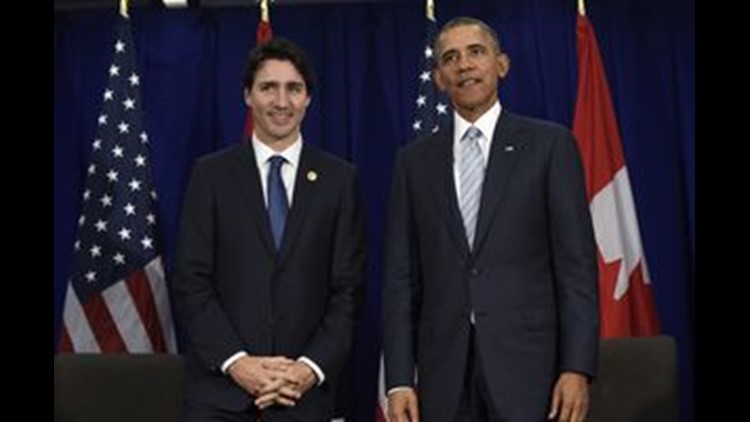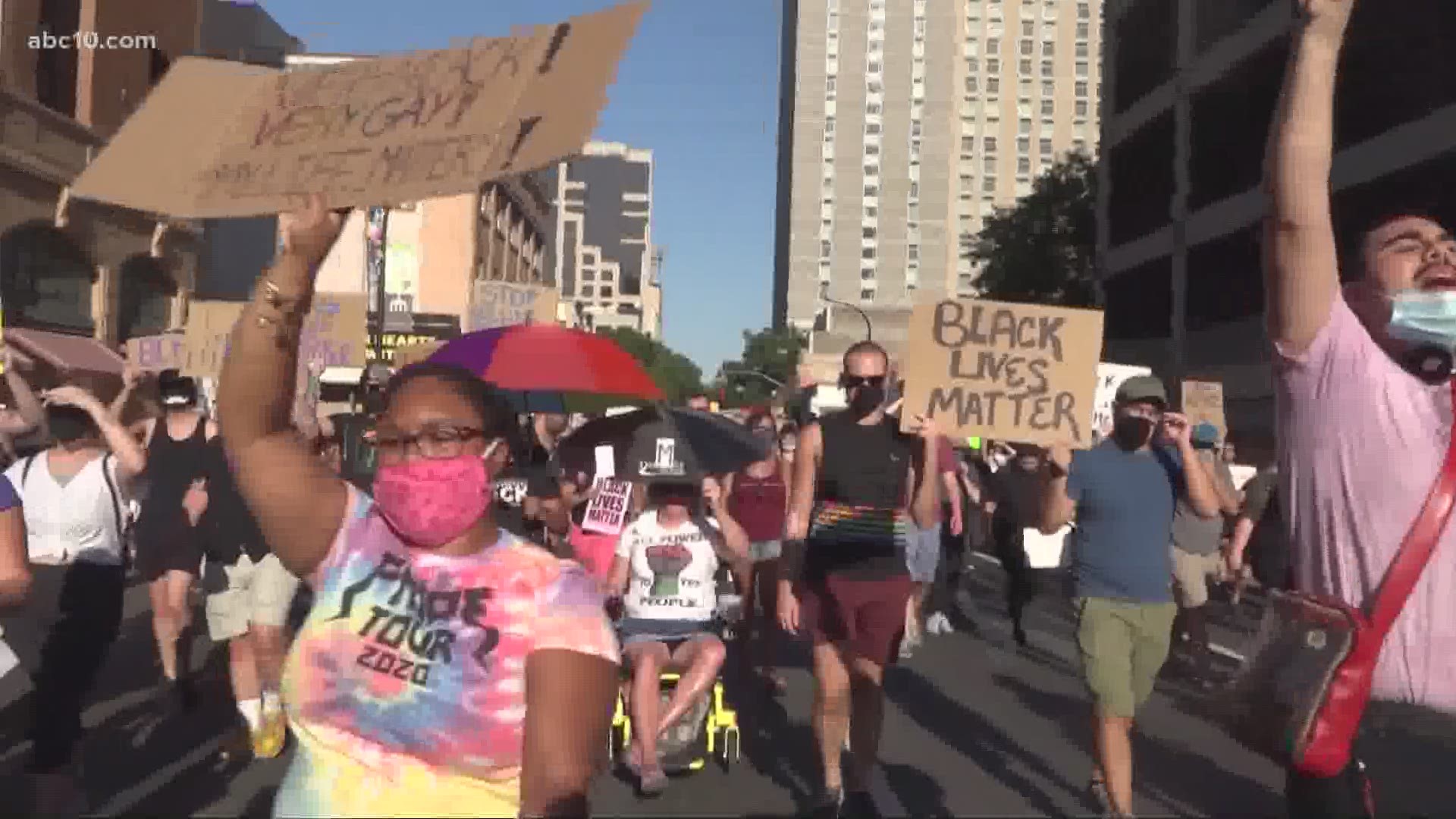![Washington giddy over Justin Trudeau's first official visit [video : 81514032]](http://videos.usatoday.net/Brightcove2/29906170001/2016/03/29906170001_4792622421001_4792511198001-vs.jpg?pubId=29906170001)
WASHINGTON — The last time the White House hosted a Canadian state dinner was 19 years ago, when Democrat Bill Clinton was president and Liberal Jean Chretien was prime minister. They hit it off so well that, during a round of golf in 1995, they conspired to end with a tie score — a "truly symbolic, ego-overriding manifestation of the equal partnership between the United States and Canada," Clinton later quipped.
For most of George W. Bush's presidency, liberals controlled Ottawa, and for most of Obama's, it was the conservatives.
But now, the personalities and politics have aligned. And while President Obama and the new Prime Minister, Justin Trudeau, have met only once, their chemistry seems to have ushered in a renewal of a cooperative relationship that Washington can sometimes take for granted.
"There is a developing special relationship between this president and the prime minister — both young leaders with similar visions," said Mark Feierstein, an Obama adviser on foreign affairs in the Western Hemisphere. "Both have a progressive vision of governing. Both are very much committed to the appropriate use of multilateral tools. Both are committed to diversity. And I think there is a coincidence very much in terms of the agendas that both administrations have."
Tops on the agenda: Climate. As neighboring Arctic nations, the Obama and Trudeau administrations are presenting a united front in global climate talks on a number of fronts, including hydrofluorocarbons and aviation emissions.
"They have already shown that they’re an ambitious and committed partner in the fight against climate change," said Todd Stern, the U.S. special envoy for climate change.
There are some points of contention, largely on trade. Both countries are in the middle of a one-year time-out on a decades-old softwood lumber dispute, in which the United States accuses Canada of unfairly subsidizing its lumber industry. Canada is also a signatory to the Trans-Pacific Partnership, and both leaders are working to tamp down internal criticism of the deal from within their own parties.
"I don’t think Canada-U.S. relations were poor previously. You tend to have to grade the way Canada and the U.S. are working together by shades of good. It never really gets bad," said Gordon Giffin, the former U.S. ambassador to Canada in the Clinton administration. "I think the whole Keystone pipeline debate in some measure hijacked the public attention round the U.S.-Canada relationship. It certainly hijacked the press attention."
But then the election of Trudeau last October — replacing the conservative Stephen Harper, who had made approval of the Alberta-to-Nebraska oil pipeline a key issue in his dealings with Washington — made it easier for Obama to reject the pipeline in November. The two leaders first met at the Asia-Pacific Economic Cooperation summit in Manila a few weeks later, where Obama extended the invitation.
State visits are only partly about bilateral meetings, joint press conferences and agendas. They're also social affairs, and the 44-year-old Trudeau brings an air of international glamour rarely seen even at the White House. Trudeau's father, Pierre, was a two-time prime minister of Canada. His wife, Sophie Grégoire-Trudeau, is a television personality who eschews the title "first lady" but has drawn comparisons to Jackie Kennedy.
![5 things to know about 'hot' Canadian P.M. Justin Trudeau [oembed : 81552834] [oembed : 81552834] [oembed : 81552834] [oembed : 81552834] [oembed : 81552834] [oembed : 81552834] [oembed : 81552834] [oembed : 81552834]](/Portals/_default/Skins/PrestoLegacy/CommonCss/images/smartembed.png)
Thursday's state visit will feature a formal arrival ceremony with a review of the troops, a joint news conference, lunch with Secretary of State John Kerry and a formal state dinner in the evening. First lady Michelle Obama's office released a menu for the 200-plate dinner that includes Alaskan Halibut casserole, baby short ribs and Yukon potatoes drizzled with Canadian whisky. Singer Sara Bareilles will provide the entertainment.
Since President Coolidge hoisted the Canadian governor-general in 1927, Canadian state dinners were held pretty consistently every decade, so the 19-year-hiatus since the last state dinner was notable. (Prime Minister Paul Martin did host Bush at a state dinner in Ottawa in 2004.)
That can sometimes lead to a feeling from Ottawa that the United States takes the relationship for granted — despite a $1.3 trillion trade relationship, a 1,933-mile border and a military relationship so integrated that American and Canadian generals take turns commanding a shared airspace defense command.
"I used to kid the Canadians, 'You're the wheel that doesn’t squeak. We can only pay attention to squeaking wheels,'" Giffin said.



![AP WHITE HOUSE CANADA STATE DINNER I FILE PHL [image : 81532430]](http://www.gannett-cdn.com/-mm-/0179ffbe089d6b559709d2c2d7ef559958fa9235/c=462-0-3560-2648/local/-/media/2016/03/09/USATODAY/USATODAY/635931263017744889-AP-WHITE-HOUSE-CANADA-STATE-DINNER-78514464.JPG)
